You Can’t Own a Hamster in Hawaii
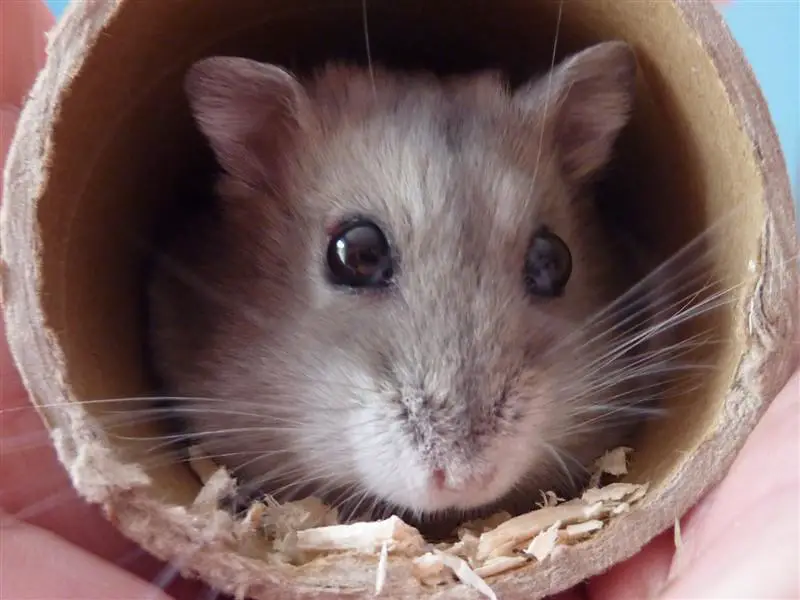
Hamsters, the quintessential childhood pet, are shockingly banned in Hawaii. Under the Hawaii Biosecurity Act, officials worry that escaped hamsters could breed rapidly and disrupt the state’s fragile ecosystem. With Hawaii’s warm climate, these small rodents could thrive, posing a major threat to native plants and wildlife.
In 2020, a Maui family faced a $3,000 fine after attempting to smuggle two hamsters in their carry-on luggage. The family claimed they were “harmless pets for the kids,” but officials confiscated the animals, citing the risk of ecological harm. According to the Hawaii Department of Agriculture, even seemingly innocent creatures like hamsters can wreak havoc on delicate ecosystems.
You Can’t Own a Ferret in California
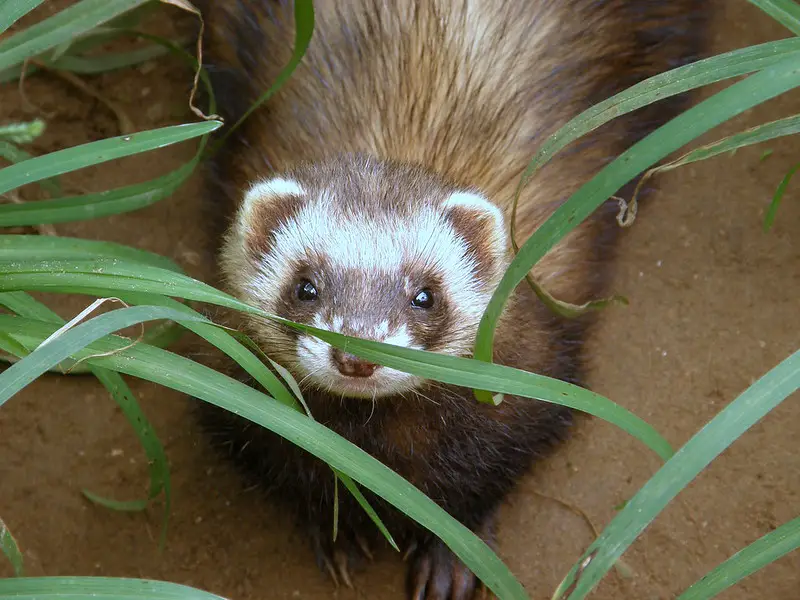
Ferrets may be beloved pets in many states, but California has banned them since 1933. These slinky creatures are considered a threat to agriculture and native wildlife due to their Houdini-like escape skills. Under the California Code of Regulations, ferrets could form feral colonies, outcompeting native species if released.
One infamous case involved a man fined $4,000 for smuggling his ferret across state lines in a suitcase. According to the California Department of Fish and Wildlife, ferrets’ rapid breeding and carnivorous diets make them a significant ecological risk. Officials have enforced the ban with hefty fines to protect California’s biodiversity.
You Can’t Own a Hedgehog in Pennsylvania
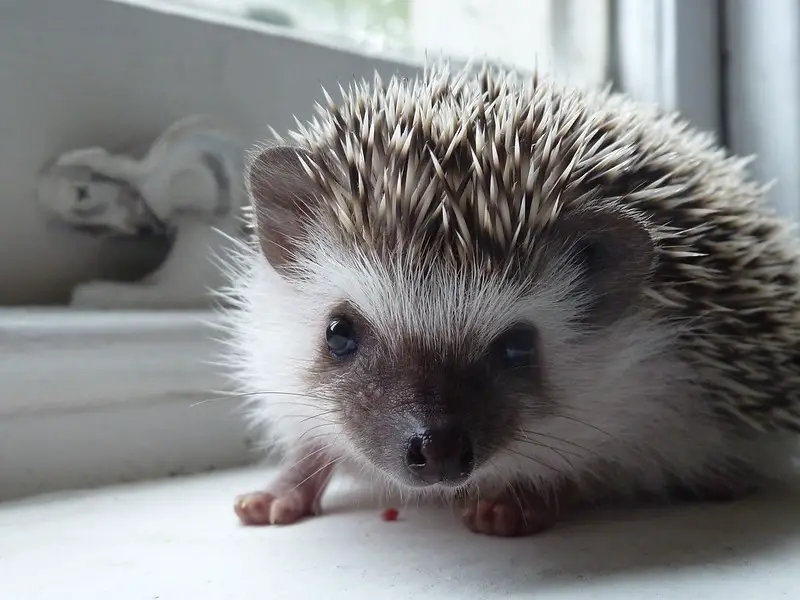
Hedgehogs, adored for their quirky looks and tiny spikes, are banned in Pennsylvania under the Pennsylvania Game and Wildlife Code. Officials cite concerns over disease transmission, particularly salmonella, and the potential for hedgehogs to become invasive if released into the wild.
In 2019, a woman in Pittsburgh was fined $1,500 for keeping two hedgehogs in her apartment. The animals were confiscated by wildlife officers, who emphasized that Pennsylvania’s strict regulations are designed to protect both public health and local ecosystems. According to the CDC, hedgehogs are known carriers of bacteria that can harm humans.
You Can’t Own a Gerbil in California
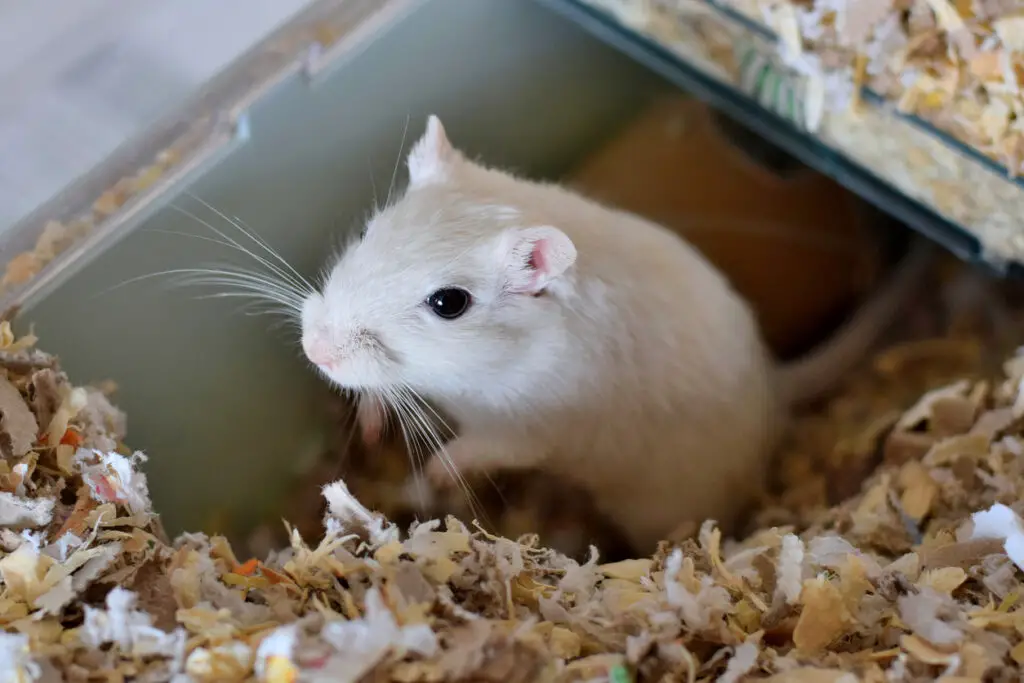
Gerbils might seem like innocent small pets, but they’ve been banned in California since the 1970s under the California Fish and Game Code. Officials fear that if these desert-dwelling rodents escape, they could thrive in California’s arid climate and devastate local crops and ecosystems.
A single pair of gerbils can produce up to 70 offspring annually, creating the potential for explosive population growth. In one case, a gerbil breeding operation in Riverside County was shut down after a tip-off to wildlife officials. The owner faced $2,500 in fines, and the gerbils were rehomed to facilities outside the state.
You Can’t Own a Monkey in Ohio
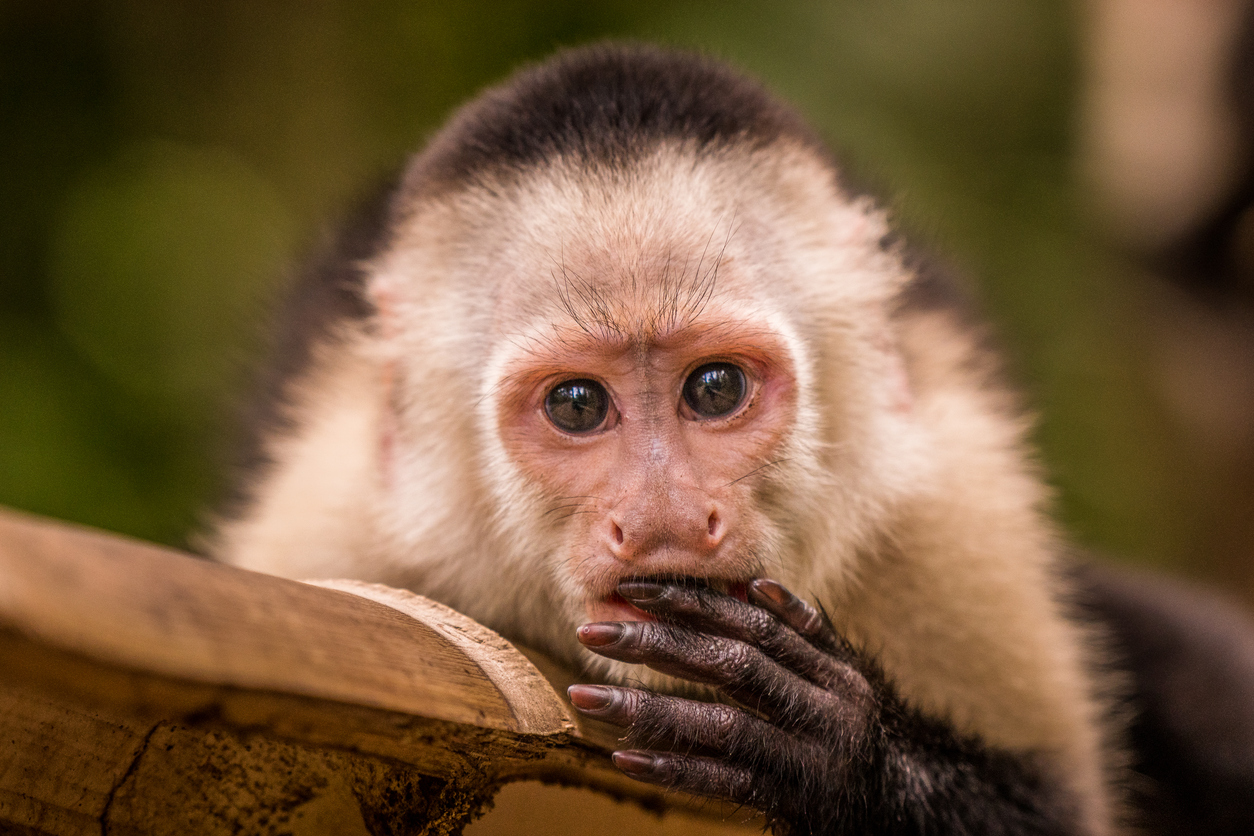
Monkeys might seem like exotic companions, but Ohio’s strict laws on exotic pets, including primates, stem from a tragic event in 2011. That year, the Zanesville Incident shocked the nation when a private owner released dozens of exotic animals, including monkeys, lions, and tigers, before taking his own life.
Following the chaos—which resulted in the euthanization of nearly all the animals—Ohio passed the Dangerous Wild Animal Act, banning private ownership of monkeys without nearly impossible-to-obtain permits. In 2019, a Cleveland resident was fined $7,000 after his pet capuchin monkey escaped and attacked a delivery driver. According to the Ohio Department of Natural Resources, the law protects both people and wildlife, proving that monkeys belong in the wild—not suburban backyards.
You Can’t Own a Snake in Alaska
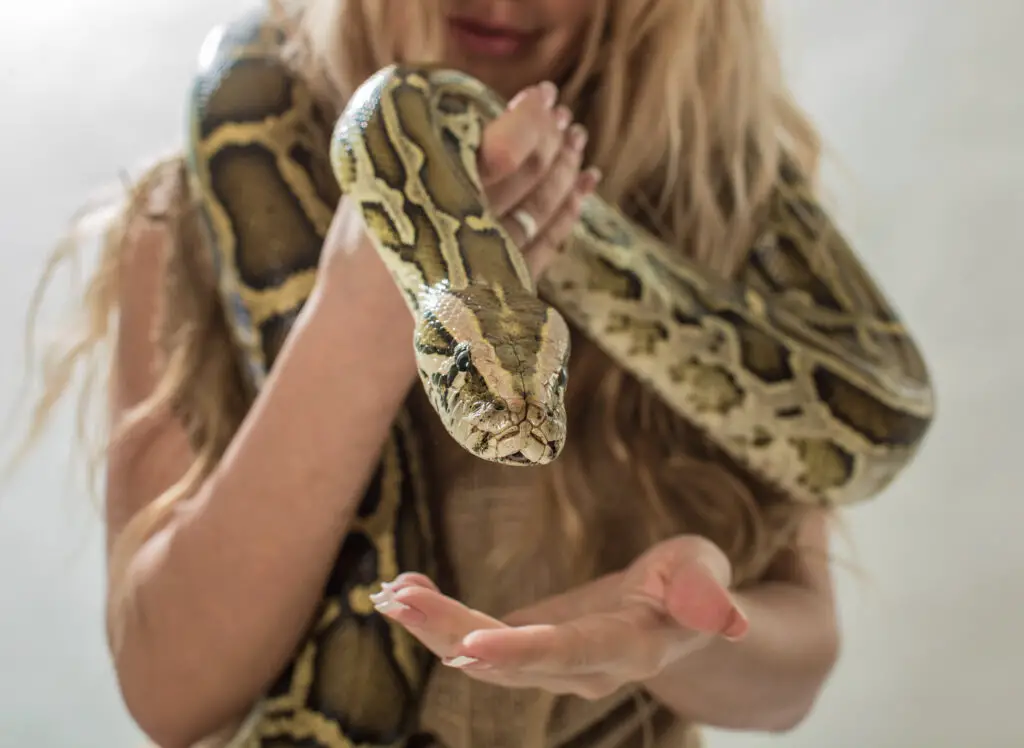
With Alaska’s harsh climate and unique ecosystems, even snakes—nonexistent in the state’s wild—are banned. Under the Alaska Department of Fish and Game Regulations, non-native snakes are illegal to own due to the risk they pose if released. These predators could decimate local bird and small mammal populations, disrupting fragile ecosystems.
In 2020, authorities confiscated several boa constrictors smuggled into Anchorage by a breeder, resulting in $10,000 in fines. The snakes, capable of growing over 10 feet long, were rehomed to facilities outside the state. According to Alaska wildlife officials, even a single escaped snake could cause significant environmental damage.
You Can’t Own Certain Parrots in Hawaii
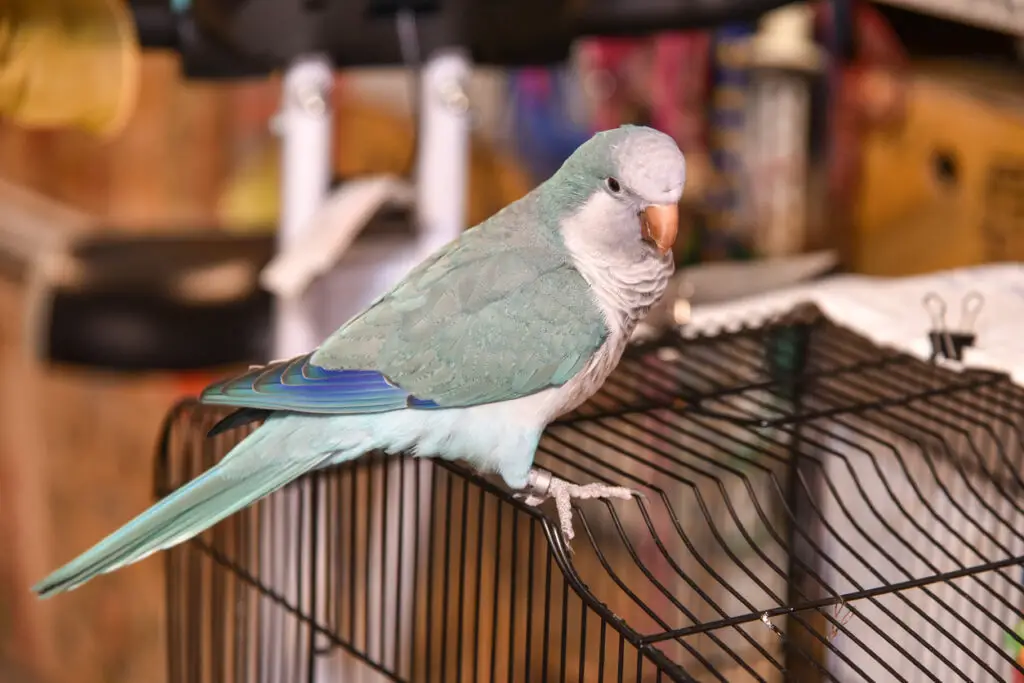
Parrots may be adored worldwide for their beauty and intelligence, but in Hawaii, owning certain species is prohibited under the Hawaii Biosecurity Act. Officials worry that escaped parrots, such as Indian ringnecks and Monk parakeets, could establish feral colonies, outcompeting native birds and damaging crops.
In 2018, a rogue flock of monk parakeets caused $20,000 in damages to Hawaiian farms, prompting stricter enforcement of the ban. Owners caught with prohibited parrots face fines of up to $10,000. According to the Hawaii Department of Agriculture, even beautiful pets can become environmental threats.
You Can’t Own a Kangaroo in Wisconsin
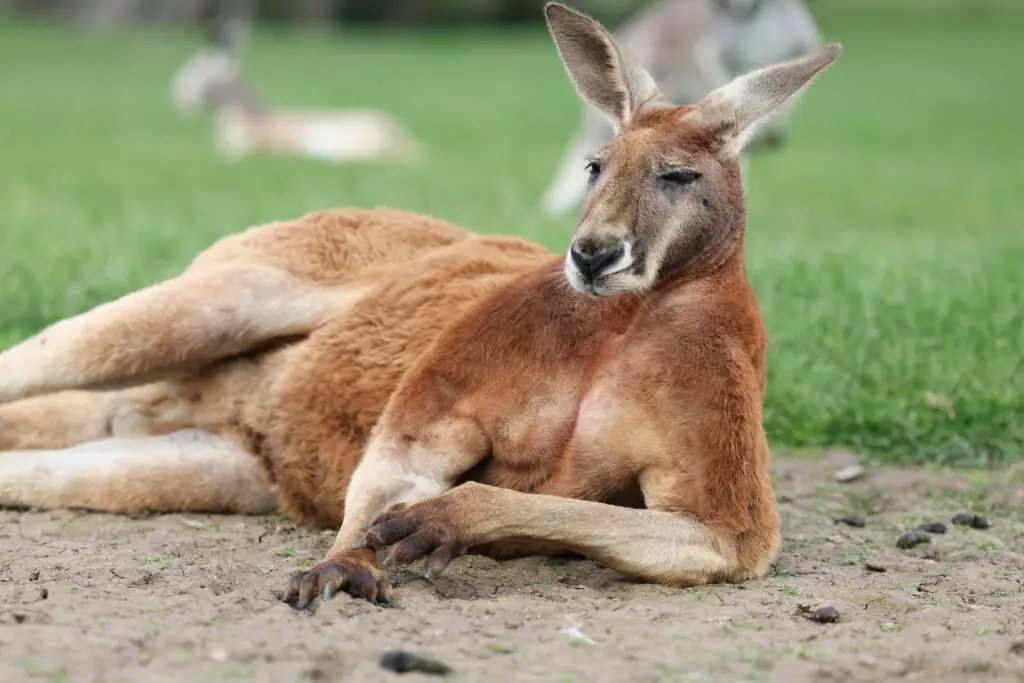
Kangaroos are one of the world’s most iconic animals, but in Wisconsin, owning one without a permit is illegal under the Wisconsin Department of Natural Resources Regulations. These marsupials can grow over six feet tall, delivering powerful kicks that make them a safety hazard for humans and pets alike.
In 2014, a Wisconsin man made headlines when his pet kangaroo escaped during a snowstorm and was spotted hopping through a residential area. Authorities eventually captured the animal, and the owner was fined $3,000 for violating state wildlife laws.
You Can’t Own a Skunk in Michigan
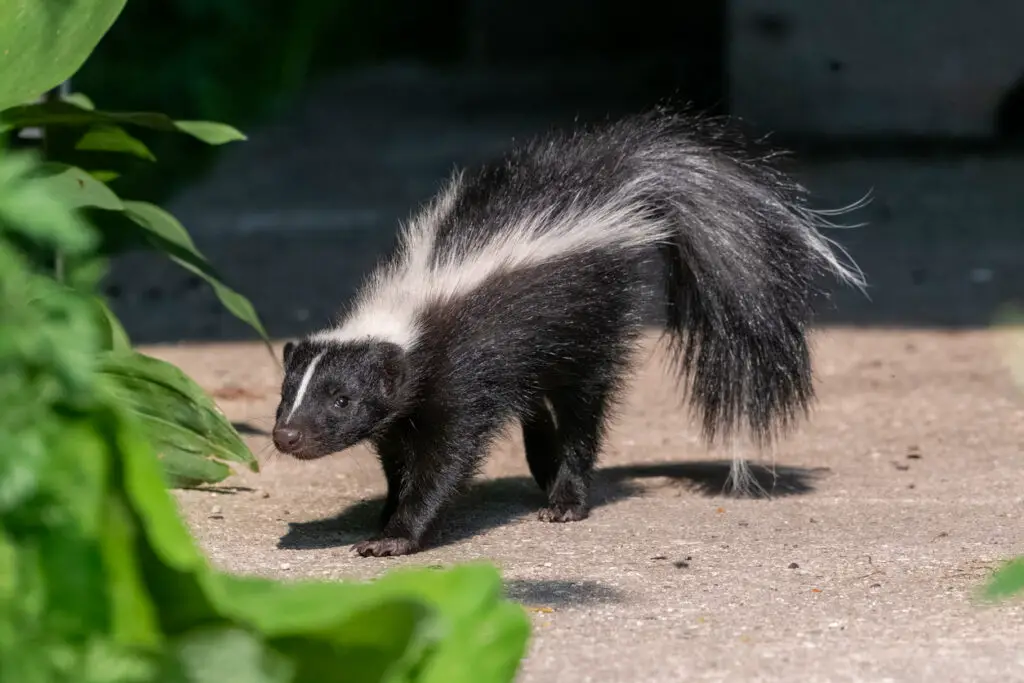
Skunks may seem like a quirky pet choice, but in Michigan, owning one is banned without a permit under the Michigan Department of Natural Resources Regulations. Officials cite the risk of rabies, as skunks are known carriers of the disease, as the primary reason for the ban.
In 2018, a Kalamazoo family faced $3,500 in fines after their pet skunk escaped and sprayed a neighbor’s dog, sparking complaints. The skunk was confiscated by wildlife officials and rehomed to a rehabilitation center. According to the Michigan DNR, the ban helps protect public health and reduce conflict between humans and wildlife.
You Can’t Own Certain Breeds of Rabbit in Florida

Rabbits may be adorable, but in Florida, owning certain breeds without a permit is illegal under the Florida Administrative Code. Officials worry that released or escaped rabbits could multiply quickly, damaging crops and native vegetation. Florida’s warm climate makes it an ideal environment for invasive species, and rabbits are no exception.
In 2016, a Miami family was fined $2,500 after their unpermitted rabbit colony escaped, leading to a population explosion in the neighborhood. According to the Florida Fish and Wildlife Conservation Commission, rabbits pose a serious threat to agriculture and natural ecosystems if left unchecked.
You Can’t Own Certain Rats in New York
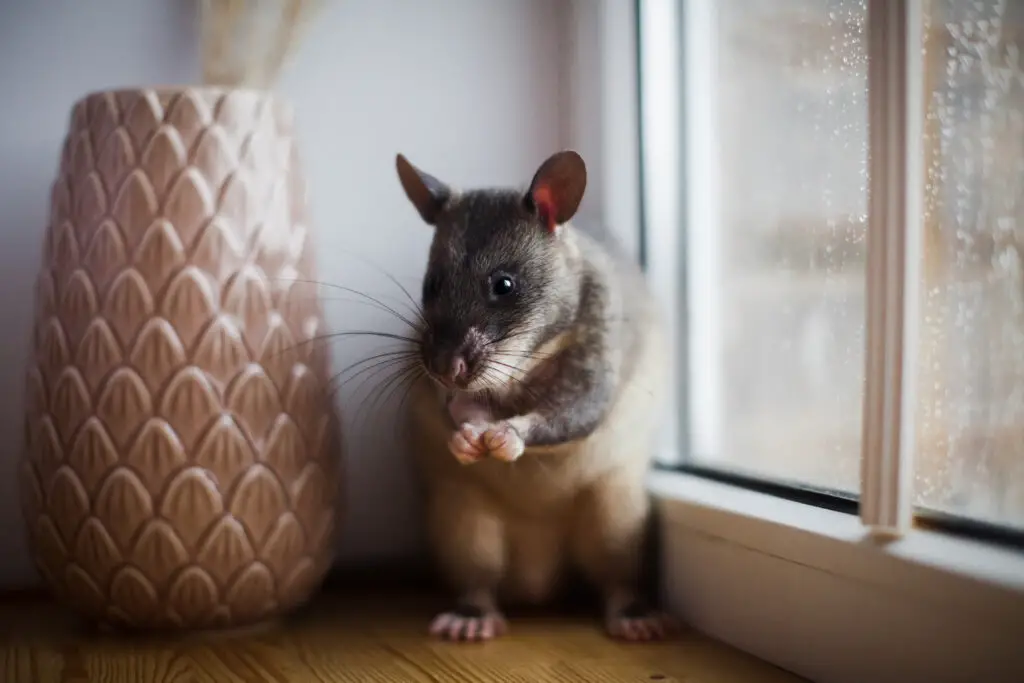
In New York, Gambian pouched rats—massive rodents that can grow up to three feet long—are banned under the NYC Health Code. These rodents gained notoriety in 2003 when they were linked to a monkeypox outbreak that sickened dozens of people across the United States.
One infamous case involved a Brooklyn pet store fined $10,000 for illegally selling Gambian pouched rats. Neighbors had reported seeing the oversized rodents roaming free, sparking health and safety concerns. According to the CDC, these rats are not only invasive but also major carriers of zoonotic diseases.
You Can’t Own Certain Monkeys in Massachusetts
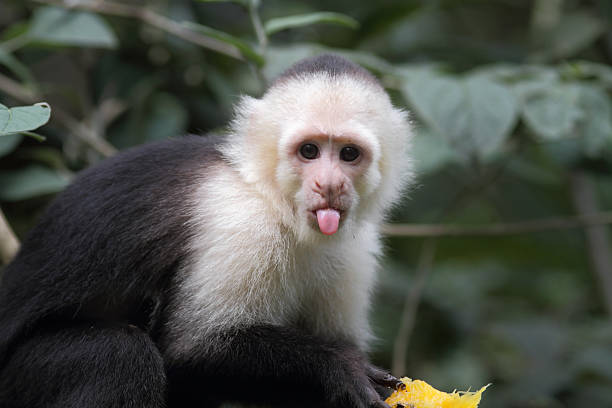
Capuchin monkeys, often admired for their intelligence, are banned in Massachusetts under the Massachusetts Exotic Pet Laws. Officials cite concerns about disease transmission, including herpes B, and the potential for these primates to become aggressive when stressed.
In 2017, a capuchin monkey escaped from a private residence in Boston, raiding garbage bins and frightening local residents before being tranquilized by wildlife officials. The owner faced $5,000 in fines and lost custody of the animal. According to the Massachusetts Division of Fisheries and Wildlife, even small primates pose significant risks to public safety.
You Can’t Own Sugar Gliders in Alaska
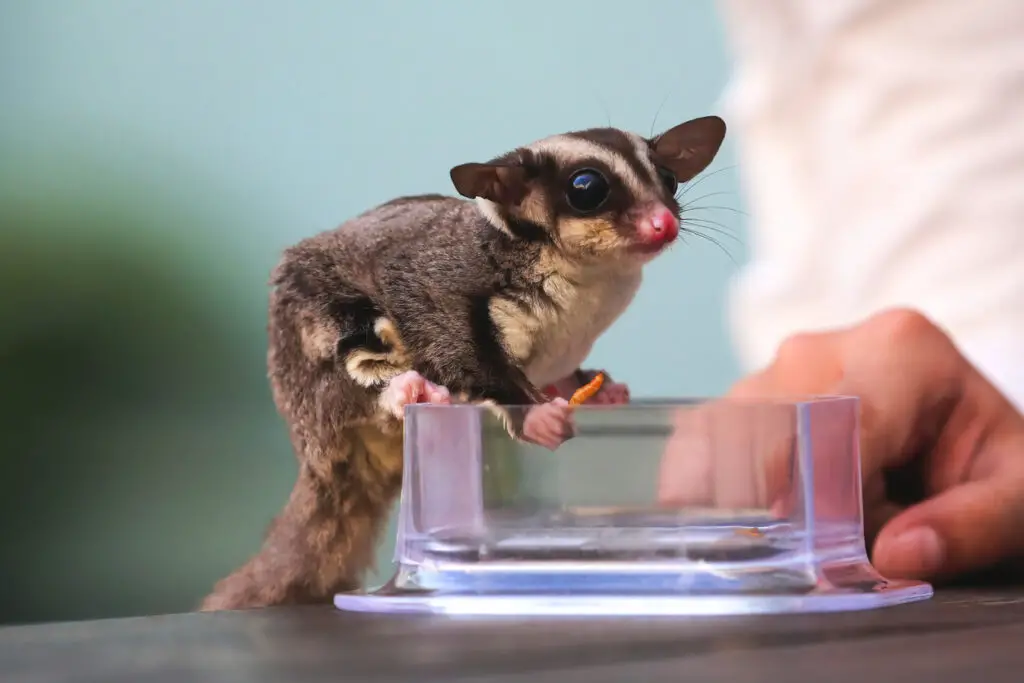
Sugar gliders, those tiny marsupials with the ability to glide up to 150 feet, are banned in Alaska under the Alaska Department of Fish and Game Regulations. Officials worry these creatures could outcompete native species if they escape, causing significant ecological disruption.
In 2021, authorities fined a Juneau resident $2,000for keeping three sugar gliders without a permit. The animals had been spotted gliding between trees in a local park, alarming neighbors. According to the Alaska Department of Fish and Game, sugar gliders are not only invasive but also require highly specific care that many owners cannot provide.
You Can’t Own Certain Wild Cats in New York
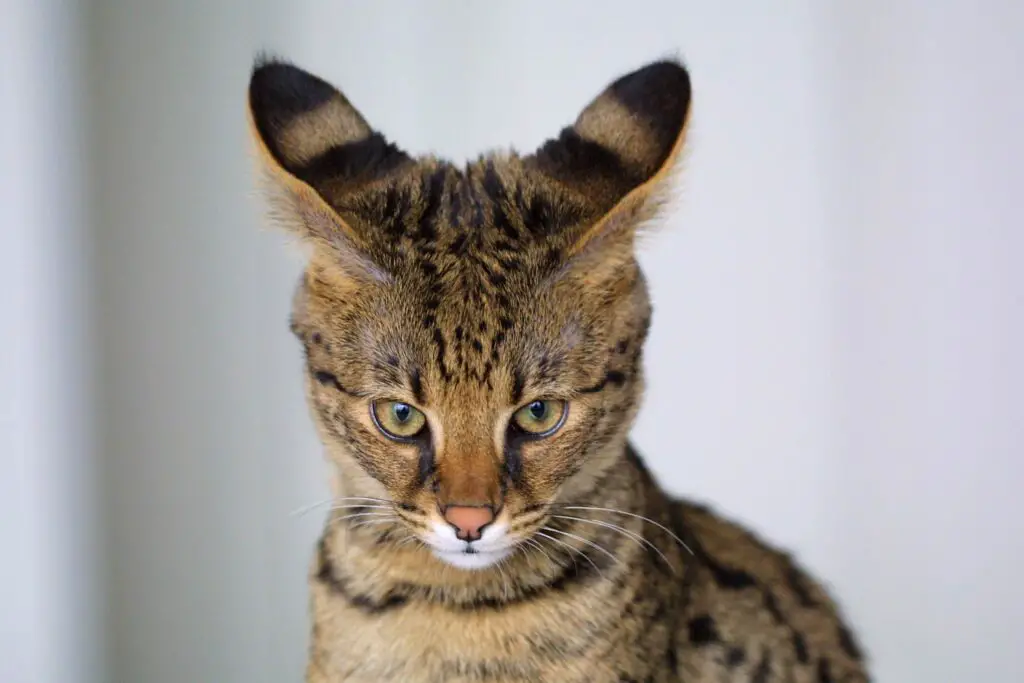
Savannah cats, a cross between domestic cats and African servals, are banned in New York under the New York City Health Code. These exotic felines are admired for their striking appearance but are known for their wild instincts and unpredictable behavior.
In 2019, a Manhattan resident was fined $2,500 after their Savannah cat leaped onto a neighbor’s balcony, causing property damage. The incident led to complaints, and the cat was eventually rehomed. According to city officials, Savannah cats are considered a public safety risk, especially in urban environments.
You Can’t Own Certain Frogs in Arizona
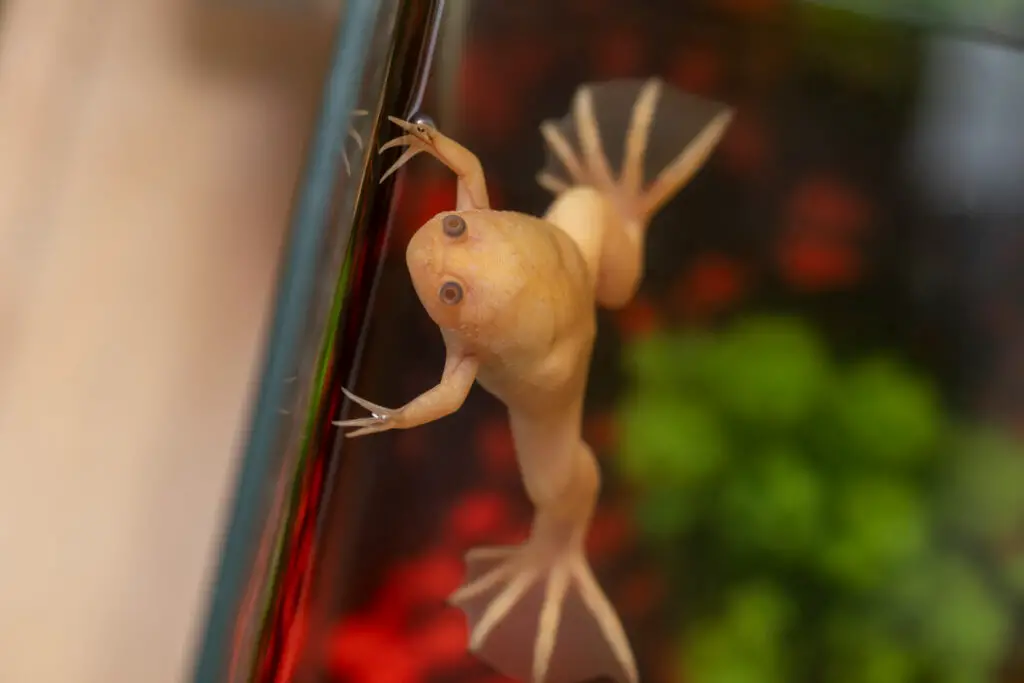
Arizona has banned African clawed frogs under the Arizona Game and Fish Department Regulations due to their role in spreading the deadly chytrid fungus, which has devastated amphibian populations worldwide. These hardy frogs can survive in almost any environment, outcompeting native species for resources.
In 2018, an Arizona pet store was fined $3,000 for illegally selling African clawed frogs. The amphibians were confiscated after being linked to the disappearance of native frogs in a local wetland. According to scientists at the Smithsonian Institution, even a small number of these frogs can disrupt entire ecosystems.
You Can’t Own Prairie Dogs in Texas
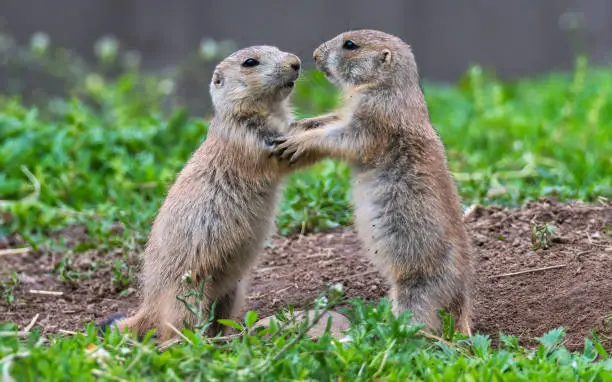
Prairie dogs may look like cuddly pets, but in Texas, owning one without a permit is illegal under the Texas Administrative Code. These burrowing rodents are known carriers of bubonic plague, which is transmissible to humans and other animals.
In 2002, a Dallas resident was fined $5,000 after authorities discovered an illegal prairie dog colony in their backyard. The animals had dug extensive tunnels, damaging gardens and neighboring property. According to the Texas Parks and Wildlife Department, prairie dogs are more destructive than their adorable appearances suggest.
You Can’t Own Pigeons in New York City Without a Permit
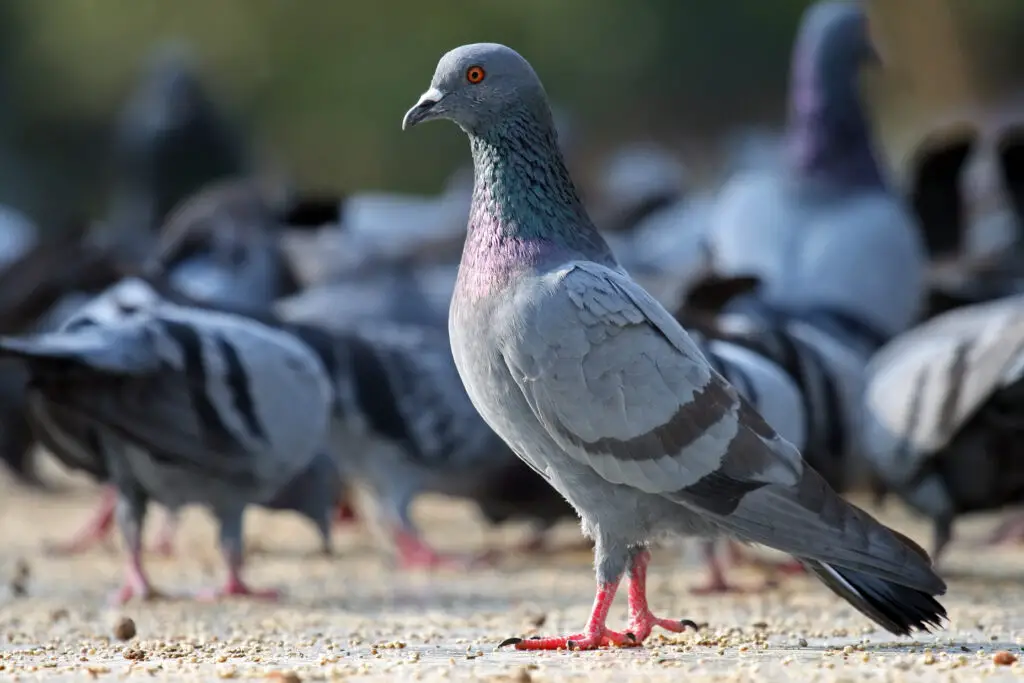
While pigeons are a common sight in New York City, breeding them without a permit is illegal under the NYC Health Code. The law aims to control diseases like psittacosis, often spread through pigeon droppings, and prevent overpopulation in dense neighborhoods.
In 2021, a Bronx resident was fined $5,000 for maintaining an unlicensed rooftop pigeon coop with over 100 birds. Neighbors complained about the overwhelming odor and droppings, prompting city health inspectors to intervene. According to the NYC Department of Health, the pigeons were relocated, and the coop was dismantled.
You Can’t Own Certain Wild Cats in Georgia

Savannah cats, the hybrid offspring of a domestic cat and an African serval, are banned in Georgia under the Georgia Department of Natural Resources Rules. Officials worry about their wild instincts, which can lead to unpredictable and aggressive behavior, making them unsuitable as pets.
In 2018, an Atlanta resident was fined $2,000after their Savannah cat escaped and injured a neighbor’s dog. The animal was confiscated, and the owner faced legal action for violating the state’s exotic pet laws. According to wildlife experts, Savannah cats require space and care beyond what most homes can provide.
You Can’t Own Coyotes in Texas
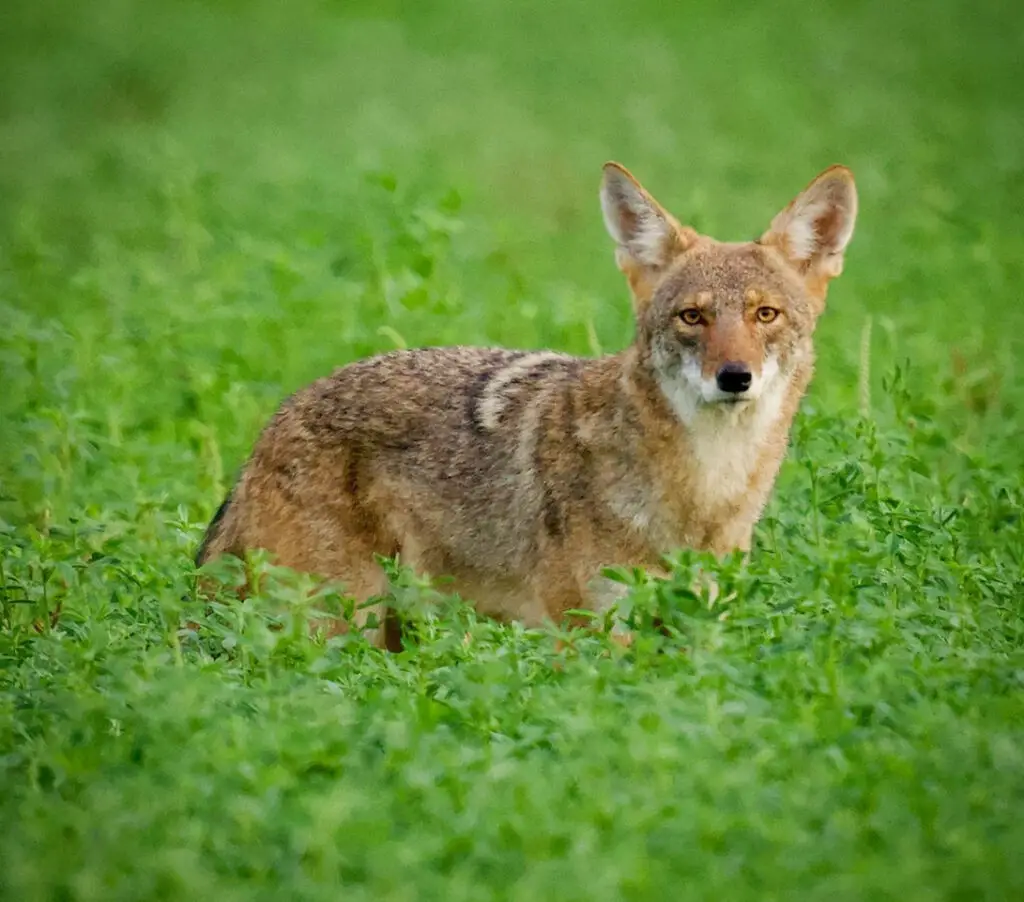
Coyotes may seem like an unlikely choice for a pet, but in Texas, keeping one without a permit is illegal under the Texas Parks and Wildlife Code. These intelligent predators can become aggressive and unpredictable, posing significant risks to humans and animals.
In 2020, a Houston resident was fined $15,000after authorities discovered he was raising two coyotes in his backyard. The animals, initially rescued as pups, had become territorial and escaped, attacking a neighbor’s dog. According to Texas Parks and Wildlife, the coyotes were rehomed to a sanctuary, but the incident highlighted the dangers of keeping wild animals as pets.
You Can’t Own Certain Parrots in New Jersey
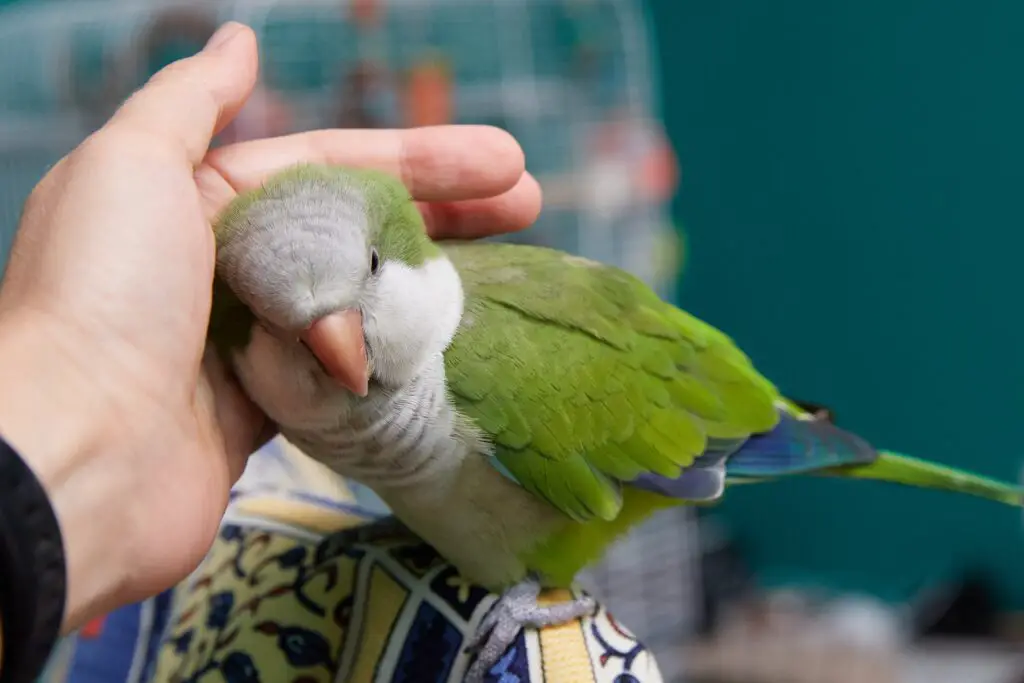
Quaker parrots, also known as monk parakeets, are banned in New Jersey under the State Exotic Animal Laws. These intelligent birds are notorious for building massive communal nests on utility poles, causing power outages and costly repairs.
In 2015, a rogue flock of Quaker parrots caused $30,000 in damages to a Jersey Shore power station. Local residents described the birds as clever and fearless, often returning to rebuild nests after they were dismantled. Violators caught keeping these birds face fines of up to $10,000.
From hedgehogs in Pennsylvania to coyotes in Texas, these strange and surprising pet bans remind us that even the most familiar animals can become a risk in the wrong environment. Whether it’s to protect fragile ecosystems, prevent public health crises, or ensure safety for all, these laws serve an important purpose.So, before you consider an unconventional pet, double-check your local regulations. You might just save yourself from hefty fines—and a lot of unexpected trouble.


